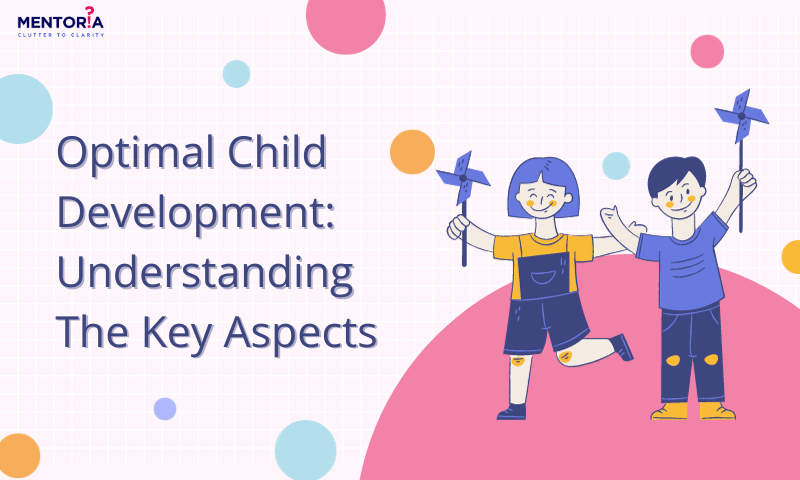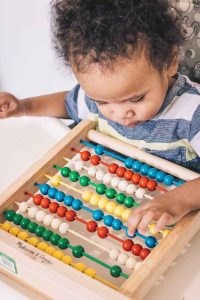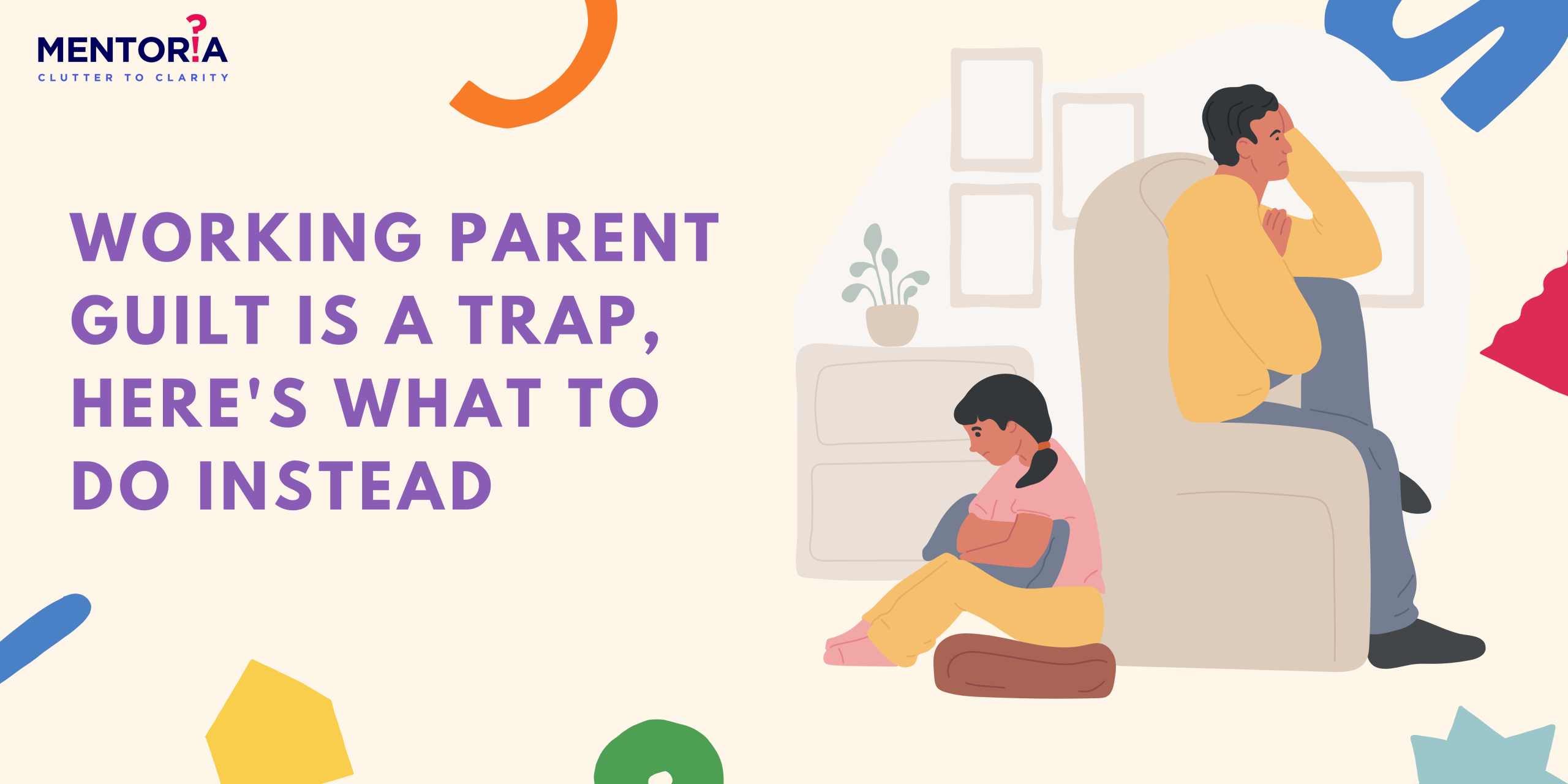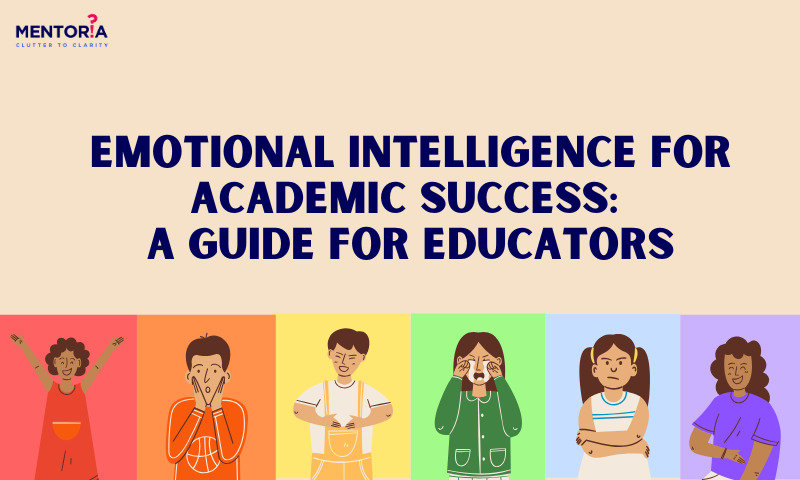Optimal Child Development: Understanding The Key Aspects

Welcome to the fascinating journey of understanding optimal child development, where we’ll explore the critical factors that shape a child’s growth and potential. As parents, caregivers, and educators, it’s crucial to comprehend the various dimensions of a child’s development to provide the best support.
Child development isn’t a one-size-fits-all process; it’s a dynamic, multifaceted journey influenced by numerous factors. In this blog, we’ll delve into seven key aspects of optimal child development, backed by insightful statistics and research. So, whether you’re a parent eager to nurture your child’s growth, an educator striving to create impactful learning environments, or simply curious about the science of childhood, this guide is for you.
Early Childhood Education
Early childhood education is the cornerstone of a child’s development. Statistics reveal that children exposed to high-quality early education programs are more likely to achieve better academic outcomes, develop crucial social skills, and exhibit greater cognitive abilities.
During the early years, a child’s brain is exceptionally receptive to learning. Quality preschools and educational interventions can provide an environment where children can explore, experiment, and discover. Through play-based learning and structured activities, they develop essential foundational skills like numeracy, literacy, and problem-solving.
Moreover, early education fosters a love for learning that can last a lifetime. Children who attend such programs tend to exhibit improved concentration, motivation, and a greater sense of curiosity. This early exposure to structured learning can help bridge achievement gaps and set children on a path to future success. Educational games for young children have witnessed a 42% increase in usage over the last few years, showcasing a shift towards integrating technology into early learning.
Investing in early childhood education is not just an investment in a child’s future but in the future of society itself. By providing equitable access to quality early education, we can break cycles of disadvantage and empower generations to come.
Social And Emotional Well-Being
Social and emotional well-being is the bedrock of a child’s mental health and resilience. Statistics highlight the profound impact of early emotional development on lifelong happiness and success. Children who develop strong emotional intelligence and social skills are better equipped to handle life’s challenges. According to a survey by Mental Health America, rates of depression among youth have increased from 8.5% in 2011 to 13.2% in 2019.
Emotional intelligence encompasses the ability to recognise and understand one’s emotions and those of others. It also includes regulating and managing emotions effectively. Research suggests that children with high emotional intelligence tend to have healthier relationships, lower levels of anxiety and depression, and greater overall life satisfaction.
Furthermore, nurturing social skills, such as empathy, cooperation, and conflict resolution, is vital for a child’s ability to navigate complex social situations. These skills are not only essential for building friendships but also for future success in the workplace and other social contexts.
Positive social-emotional development can be cultivated through supportive and nurturing environments, such as loving families and schools that emphasise emotional learning. By prioritising social and emotional well-being, we empower children to become emotionally resilient and socially adept individuals, ready to thrive in the world.
Physical Health And Nutrition
Physical health and nutrition play an integral role in a child’s development. Statistics underscore the critical link between a child’s physical well-being and their ability to learn, grow, and thrive.
Proper nutrition is essential for the development of a child’s body and brain. Adequate intake of essential nutrients, such as vitamins, minerals, and proteins, is crucial during the early years when growth is rapid. Malnutrition or deficiencies in essential nutrients can impair physical and cognitive development, leading to long-term health issues. Childhood obesity rates have tripled since the 1970s, with approximately 19.3% of children aged 2-19 in the U.S. being obese, as reported by the National Health and Nutrition Examination Survey.
Physical activity is equally important. Engaging in regular physical activity not only promotes physical fitness but also contributes to better mental health. It helps children develop motor skills, coordination, and a sense of well-being.
Access to healthcare is another critical component. Regular check-ups and timely medical interventions ensure that children are free from preventable diseases and developmental issues.
Investing in physical health and nutrition is an investment in a child’s future. By providing balanced diets, opportunities for physical activity, and access to healthcare, we can ensure that children have the foundation they need to lead healthy, fulfilling lives.
Cognitive Development
Cognitive development encompasses a child’s intellectual growth, including their ability to think, learn, reason, and problem-solve. Statistics consistently demonstrate the profound impact of early cognitive development on a child’s future academic success and overall well-being.
During the early years, a child’s brain is highly adaptable and capable of forming millions of neural connections. These connections are shaped by a child’s experiences, interactions, and environment. Therefore, providing a rich and stimulating environment is crucial for fostering cognitive development.
Early exposure to books, educational toys, and engaging activities can significantly enhance cognitive skills like memory, attention, and language acquisition. Research also highlights the importance of early literacy and numeracy skills, which serve as the foundation for academic achievement.
Moreover, cognitive development is closely linked to problem-solving abilities and critical thinking skills. Encouraging children to explore, ask questions, and make discoveries promotes a curious and inquisitive mindset that can benefit them throughout their lives.
Investing in cognitive development means providing children with opportunities to explore, learn, and develop their intellectual abilities. By nurturing cognitive growth during the early years, we empower children to excel academically and adapt to the ever-evolving challenges of the modern world.
Family And Caregiver Relationships
Family and caregiver relationships are pivotal in a child’s development, serving as the primary source of emotional support, security, and guidance. Statistics emphasise the enduring impact of positive relationships on a child’s well-being and future success.
Attachment theory underscores the significance of the parent-child bond. Secure attachments formed in infancy create a strong foundation for emotional regulation and healthy relationships throughout life. Children who feel safe and loved by their caregivers are more likely to develop trust, empathy, and self-esteem. A study published in JAMA Pediatrics found that children who have positive relationships with their caregivers in early years tend to have better social skills and relationships later in life.
Positive relationships within the family also contribute to a child’s social development. Siblings, grandparents, and extended family members play unique roles in shaping a child’s understanding of relationships, cooperation, and conflict resolution.
Furthermore, the influence of caregivers extends beyond the home. Early educators, babysitters, and other caregivers who provide consistent and nurturing care contribute to a child’s social and emotional growth. These interactions set the stage for a child’s ability to connect with others, form friendships, and succeed in social contexts.
By recognizing the importance of family and caregiver relationships, we can create environments that prioritise emotional safety and support, fostering children’s emotional well-being and healthy social development.
Language And Communication Skills
Language and communication skills are the building blocks of effective learning and social interaction. Statistics reveal the profound impact of early language exposure on a child’s future academic success and ability to engage with the world.
The early years are a critical period for language development. During this time, children’s brains are highly receptive to language acquisition. Exposure to a rich language environment, including conversations, stories, and songs, lays the foundation for robust communication skills.
Strong language skills not only enable effective communication but also support cognitive development. Language is the primary means through which children express their thoughts, ask questions, and engage with new ideas. Early language skills are closely linked to later reading and writing abilities, which are essential for academic achievement.
Moreover, language and communication skills facilitate social interactions. Children who can express themselves clearly and understand others are better equipped to form friendships, resolve conflicts, and navigate social situations.
Encouraging language development through talking, reading, and engaging in conversations with children is a powerful way to support their overall growth and readiness for academic and social challenges.
Play And Creativity
Play and creativity are essential for a child’s cognitive, social, and emotional development. Statistics highlight the numerous benefits of play-based learning and creative exploration during the early years.
Play is a child’s natural way of exploring the world, learning about themselves, and developing essential skills. Through play, children develop creativity, problem-solving abilities, and the capacity to regulate their emotions. It also offers opportunities for children to practise cooperation, negotiation, and conflict resolution.
Moreover, creative activities such as drawing, painting, and imaginative play foster self-expression and boost self-esteem. Encouraging creativity allows children to explore their interests, develop a sense of identity, and gain confidence in their abilities.
Research indicates that play-based learning positively impacts cognitive development, particularly in areas such as spatial reasoning, mathematics, and language. Creative activities stimulate different areas of the brain, enhancing overall cognitive function.
By recognizing the value of play and creativity, we can create environments that support these activities, allowing children to learn, grow, and thrive while having fun.
Holistic Development With Mentoria
Optimal child development is a holistic journey that encompasses early education, social-emotional well-being, physical health, cognitive growth, strong relationships, language skills, and the power of play. As we’ve seen through statistics and research, investing in these key aspects during a child’s formative years pays dividends throughout their life.
Understanding and nurturing these dimensions of childhood isn’t just the responsibility of parents and caregivers; it’s a collective effort that involves communities, educators, and policymakers. By prioritising these aspects of child development, we can pave the way for healthier, happier, and more successful futures for our children.
We’re here to provide you with all the help! Kick-start your journey with Mentoria and discover the right fit for you. Feel free to call us to speak to our career mentors and choose the right guidance plan that suits your needs.
Mentoria’s career guidance programme enables you to choose your perfect fit from 3 streams, 850+ courses, and 12,000+ careers, and discover what will bring out the best in you.









